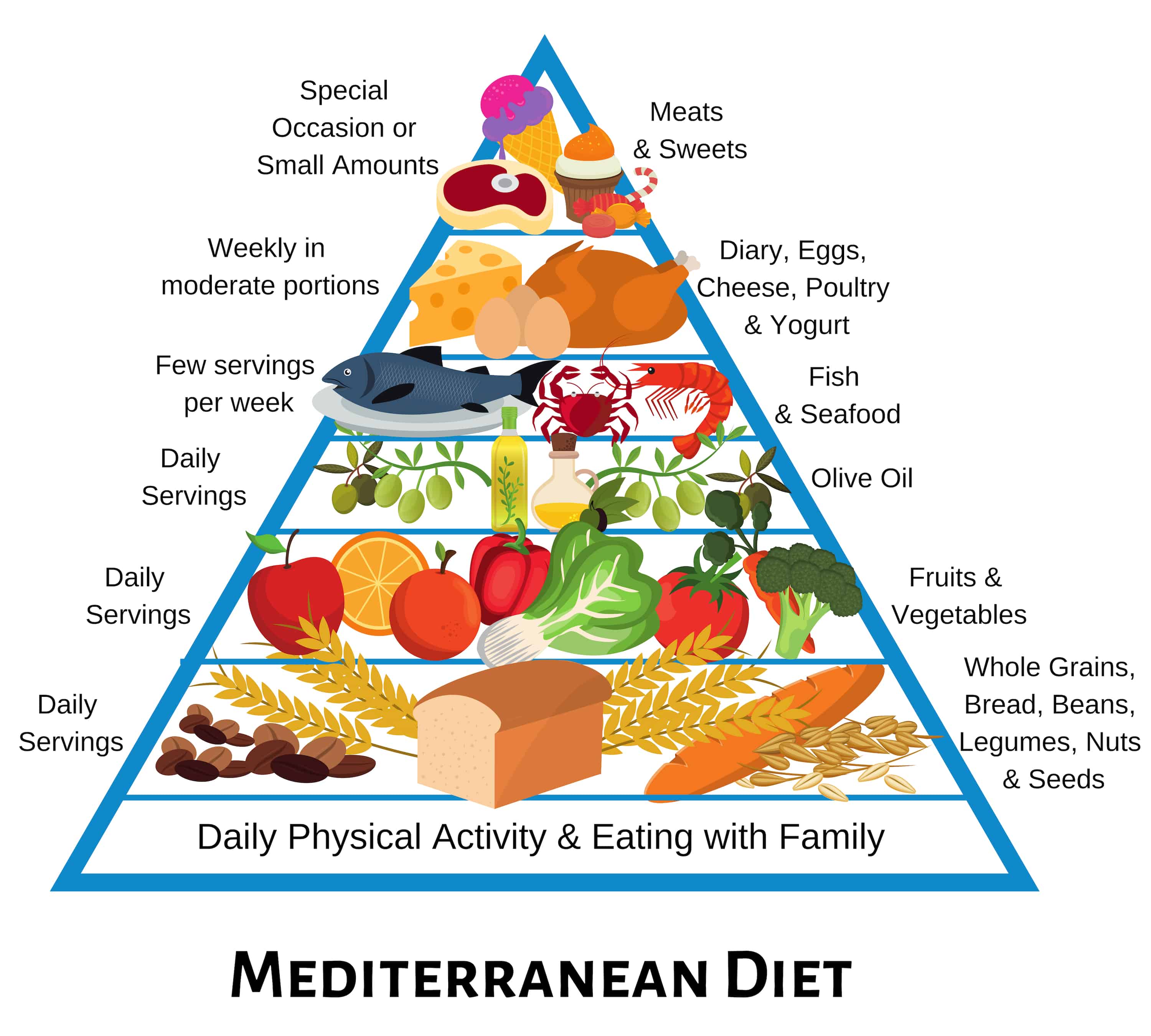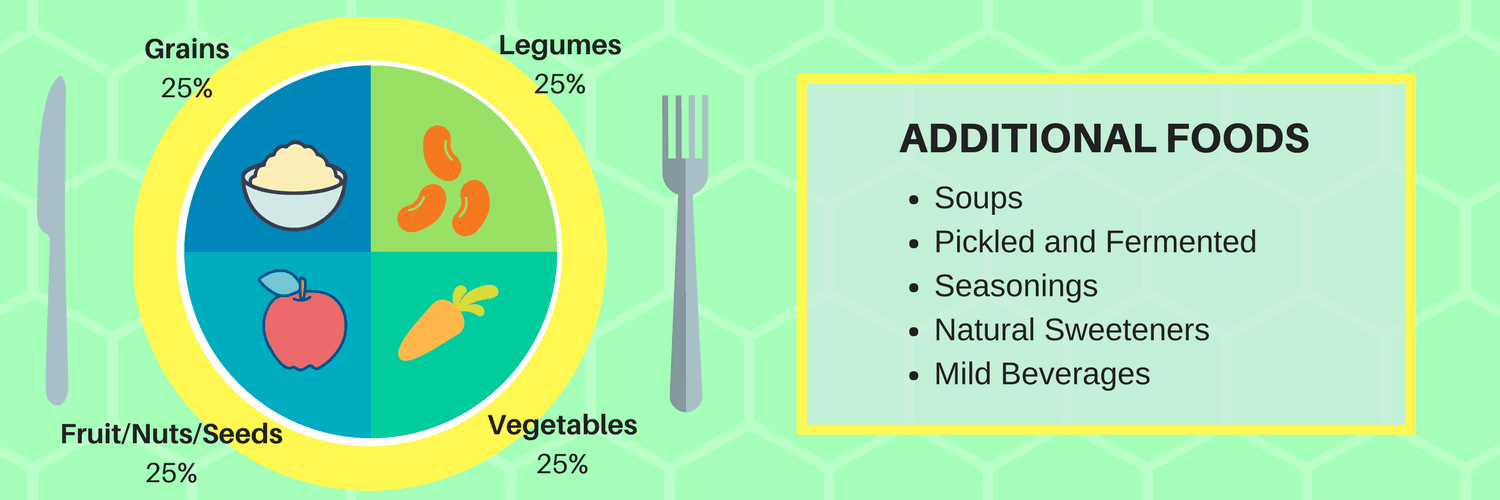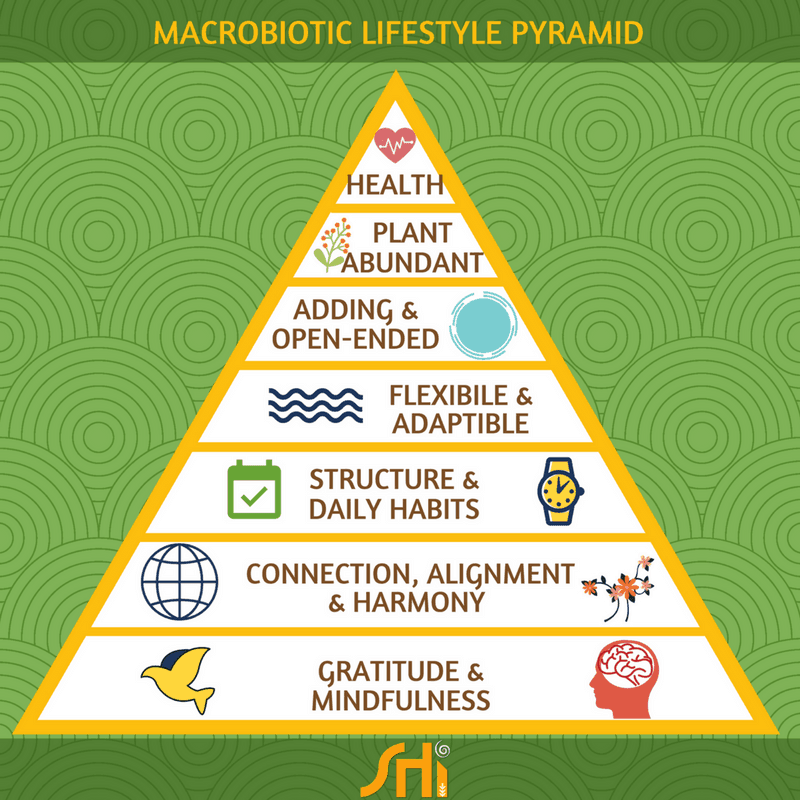The Mediterranean diet and the macrobiotic diet are both great for heart health, obesity, and chronic disease because of the large portions of food being healthy vegetables, fruits, nuts, seeds, and grains. However, the Mediterranean diet is not about specific amounts. They are vague about how much you should eat of each category, which can be a struggle for those attempting to lose weight.
The Strengthening Health version of the macrobiotic diet specifies the amounts by 25% grains, 25% legumes, 25% vegetables, and 25% fruit, nuts and seeds. Individuals will then have an easier time knowing how much they should eat and what meals to prepare using these basic guidelines.
Another issue often with diets is not only the ability to lose the weight but keeping it off. We can emotionally eat, have food addiction, and have cravings for processed foods. According to American Psychological Association, “Thirty-eight percent of adults say they have overeaten or eaten unhealthy foods in the past month because of stress. Then after having overeaten unhealthy foods, half of adults (49 percent) report feeling disappointed in themselves, 46 percent report feeling bad about their bodies and more than one-third (36 percent) say they feel sluggish or lazy.”
Even though the Mediterranean diet stresses people spending time with family and physical activity, it does not dive into the harder parts of sticking with a diet. The macrobiotic diet was created based on the longest standing civilizations to discover foods that make you feel good about yourself and your health.
Both the Mediterranean diet and macrobiotic practice have many pros to their diets but when it comes to the best diet to transform your life, the macrobiotic diet practice has more to offer. Check out a couple of quick and easy macrobiotic recipes to get started. The macrobiotic diet is about being mindful of our stressors, discovering foods that strengthen us mentally and physically, and connect us to the universe. Learn more about our macrobiotic courses.





